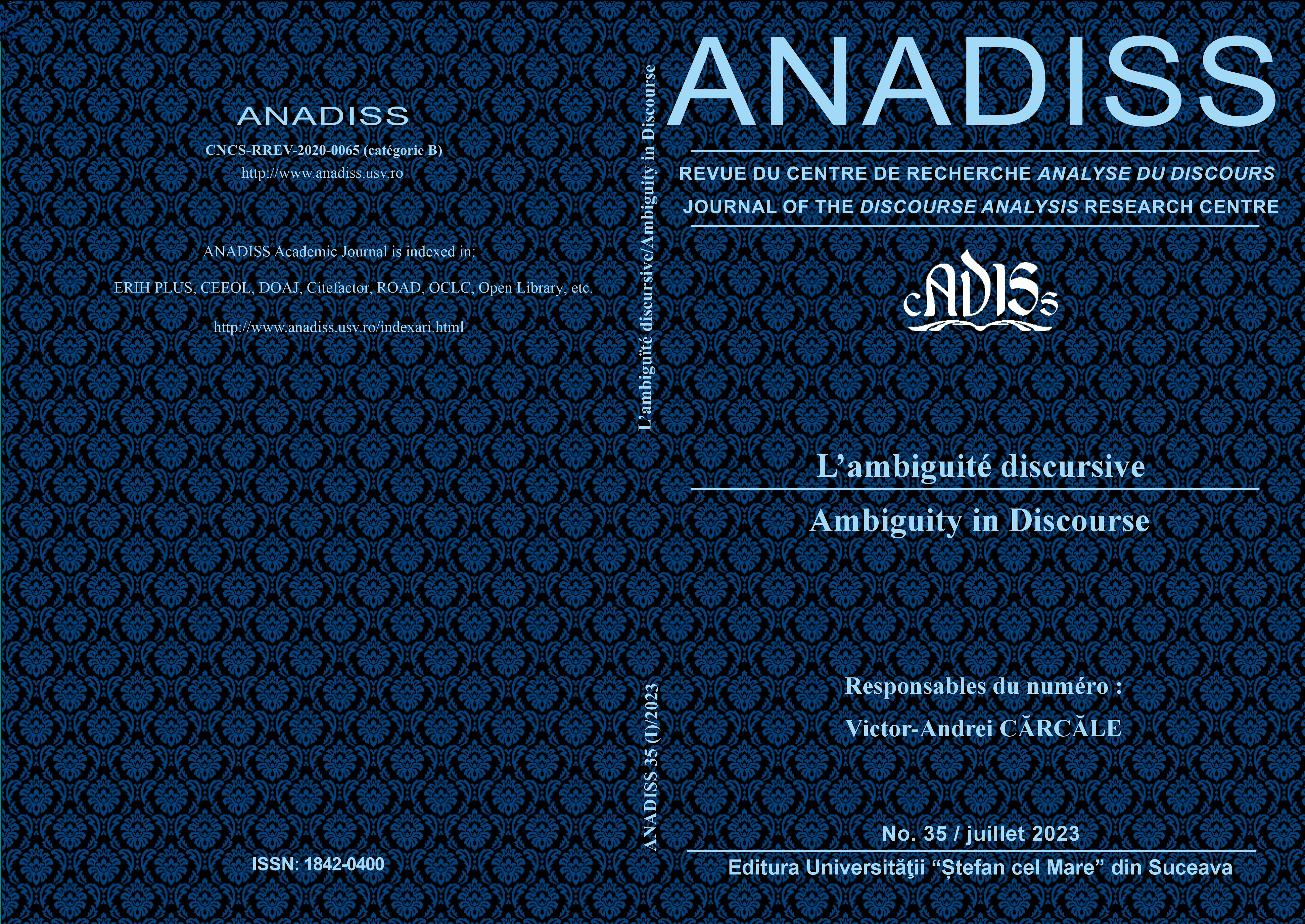A Syntactic Account for Zero Denominal and Deverbal Verbs in Wolof
A Syntactic Account for Zero Denominal and Deverbal Verbs in Wolof
Author(s): Mamarame SeckSubject(s): Theoretical Linguistics, Applied Linguistics, Phonetics / Phonology, Morphology, Lexis
Published by: UNIVERSITATEA »ȘTEFAN CEL MARE« SUCEAVA
Keywords: Wolof; denominal; deverbal;
Summary/Abstract: Denominal verbs are verbs formed from nouns by means of various word-formation processes. A deverbal is a word (usually a noun or an adjective) that is derived from a verb. This article aims to investigate denominals and deverbals in Wolof. Wolof denominals are formed without adding a new morpheme. This phenomenon, like what found in English, is known as zero denominal e.g., suukër meew mi “to sugar the milk.’ As for Wolof deverbals, they are formed by adding a new morpheme, -al, to the root verb or adjectival verbs., e.g., weexal miir bi ‘to whiten the wall’. To account for these phenomena, I use Clark and Clark (1979), Embick (1997), and Miller (2006) models. This article will contribute to the knowledge about Wolof grammar, particularly, the morphology and syntax of denominals and deverbals in the Wolof language.
Journal: ANADISS
- Issue Year: 19/2023
- Issue No: 35
- Page Range: 61-71
- Page Count: 12
- Language: English

